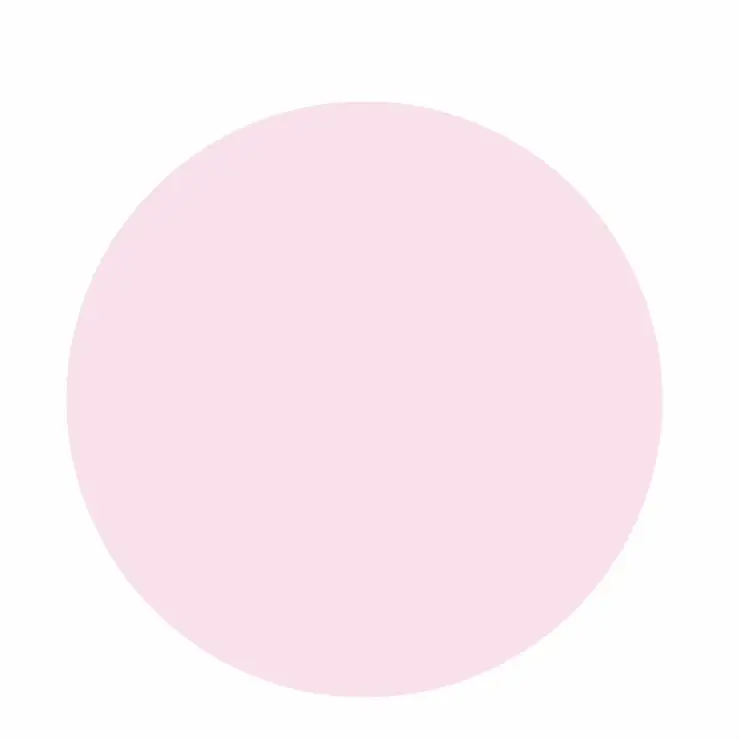-
#1 Recommended Plan
1. AT&T Speeds Up To5 GbpsLtd. avail/areas. Speeds vary, not g’td. Single devices wired speed maximum 4.7 Gbps.Connection: Fiber, IPBB, 5G InternetAvailability: 56.4%Why AT&T? AT&T Fiber's symmetrical gigabit speeds make it the ideal choice for busy households with streamers, gamers and remote workers. -
4. T-Mobile Download Speeds:87 Mbps - 415 MbpsRely, All-In, and Amplified Internet plans can experience fast speeds with T-Mobile’s latest 5G gateway, delivering typical download speeds between 133 Mbps – 415 Mbps. 25% of our customers see speeds below and 25% see speeds above these ranges. T-Mobile Home Internet is delivered via 5G cellular network and speeds vary due to factors affecting cellular networks. See https://t-mobile.com/OpenInternet for additional details.Connection: 5G InternetAvailability: 37.7%
Internet Providers in Charleston, TN
Refine your search for better results:
Compare Top Providers in Your Area
- AT&T Internet vs. Xfinity
- AT&T Internet vs. Spectrum
- AT&T Internet vs. T-Mobile 5G Home Internet
- AT&T Internet vs. Verizon 5G Home Internet
- Hughesnet vs. Viasat Internet
- Hughesnet vs. T-Mobile 5G Home Internet
- Hughesnet vs. Verizon 5G Home Internet
- Spectrum vs. T-Mobile 5G Home Internet
- Spectrum vs. Verizon 5G Home Internet
- Starlink vs. Viasat Internet
- T-Mobile 5G Home Internet vs. Verizon 5G Home Internet
- Viasat Internet vs. T-Mobile 5G Home Internet
Best Internet Providers in Charleston, TN
In Charleston, Tennessee, AT&T Internet stands out by offering IPBB and fiber connections. With a maximum download speed of 5 Gbps, it suits high-demand users and large households. AT&T plans start at $55 per month, striking a good balance between cost and speed. The company covers 56.30% of the area, making it accessible to many residents. Given the city's extensive fiber infrastructure, AT&T’s services can potentially reach a large number of homes with high-speed internet. Spectrum ranks second among internet providers in Charleston. Offering cable and fiber connections with a top download speed of 1 Gbps, it starts at $49.99 per month. Spectrum covers 61.10% of the area, slightly more than AT&T. With 62% fiber and 14% cable availability in the city, many residents can access Spectrum’s services. While both providers offer substantial coverage, Spectrum’s slightly higher reach might make it the more accessible choice for many users.In Charleston, Tennessee, AT&T Internet stands out by offering IPBB and fiber connections. With a maximum download speed of 5 Gbps, it suits high-demand users and large households. AT&T plans start at $55 per month, striking a good balance between cost and speed. The company covers 56.30% of the area, making it accessible to many residents. Given the city's extensive fiber infrastructure, AT&T’s services can potentially reach a large number of homes with high-speed internet.
Spectrum ranks second among internet providers in Charleston. Offering cable and fiber connections with a top download speed of 1 Gbps, it starts at $49.99 per month. Spectrum covers 61.10% of the area, slightly more than AT&T. With 62% fiber and 14% cable availability in the city, many residents can access Spectrum’s services. While both providers offer substantial coverage, Spectrum’s slightly higher reach might make it the more accessible choice for many users.
What’s a Good Internet Speed?
| Internet Speed | Appropriate For | Providers in your Area offering this Speed | Availability in your Area |
|---|---|---|---|
| 100 Mbps |
|
|
100% |
| 1000 Mbps (1 Gbps) |
|
|
61.12% |
Learn more about internet speeds:
Internet Coverage Map and Store Locations for Charleston, Tennessee
Provider Connection Types in Charleston, TN
| Connection Type | About this Connection Type | Availability in Charleston, TN |
|---|---|---|
| Satellite |
|
100% |
| DSL |
|
28.5% |
| Cable |
|
62.37% |
| Fiber |
|
13.8% |
Internet Providers in Charleston, TN
| Provider | Plans Starting At | Speeds Up To | Connections | |
|---|---|---|---|---|
| AT&T Fiber | $34/mo Prices may vary depending on the plan | 5 Gbps Ltd. avail/areas. Speeds vary, not g’td. Single devices wired speed maximum 4.7 Gbps. | Fiber, IPBB, 5G Internet | |
| Spectrum | $30/mo Prices may vary depending on the plan | 2 Gbps Speeds up to 2G in Select Markets. | Cable | |
| Viasat Internet | $69.99/mo Prices may vary depending on the plan | 150 Mbps Not all internet speeds available in all areas. | Satellite | |
| Mint Mobile | $30/mo Prices may vary depending on the plan | 415 Mbps Not all internet speeds available in all areas. | 5G Internet | |
| Verizon 5G Home Internet | $35/mo Prices may vary depending on the plan | 300 Mbps Not all internet speeds available in all areas. | 5G Internet | |
| XNET WiFi | $65/mo Prices may vary depending on the plan | 2 Gbps Not all internet speeds available in all areas. | Fixed Wireless | |
| Twin Lakes Telephone | $34.99/mo Prices may vary depending on the plan | 8 Gbps Not all internet speeds available in all areas. | Fiber | |
| Starlink | $80/mo Prices may vary depending on the plan | 350 Mbps Not all internet speeds available in all areas. | Satellite | |
| Hughesnet | $39.99/mo Prices may vary depending on the plan | 100 Mbps Not all internet speeds available in all areas. | Satellite |
Are you a journalist or researcher writing about this topic?
Contact us and we'll connect you with a broadband market expert on our team who can provide insights and data to support your work.












